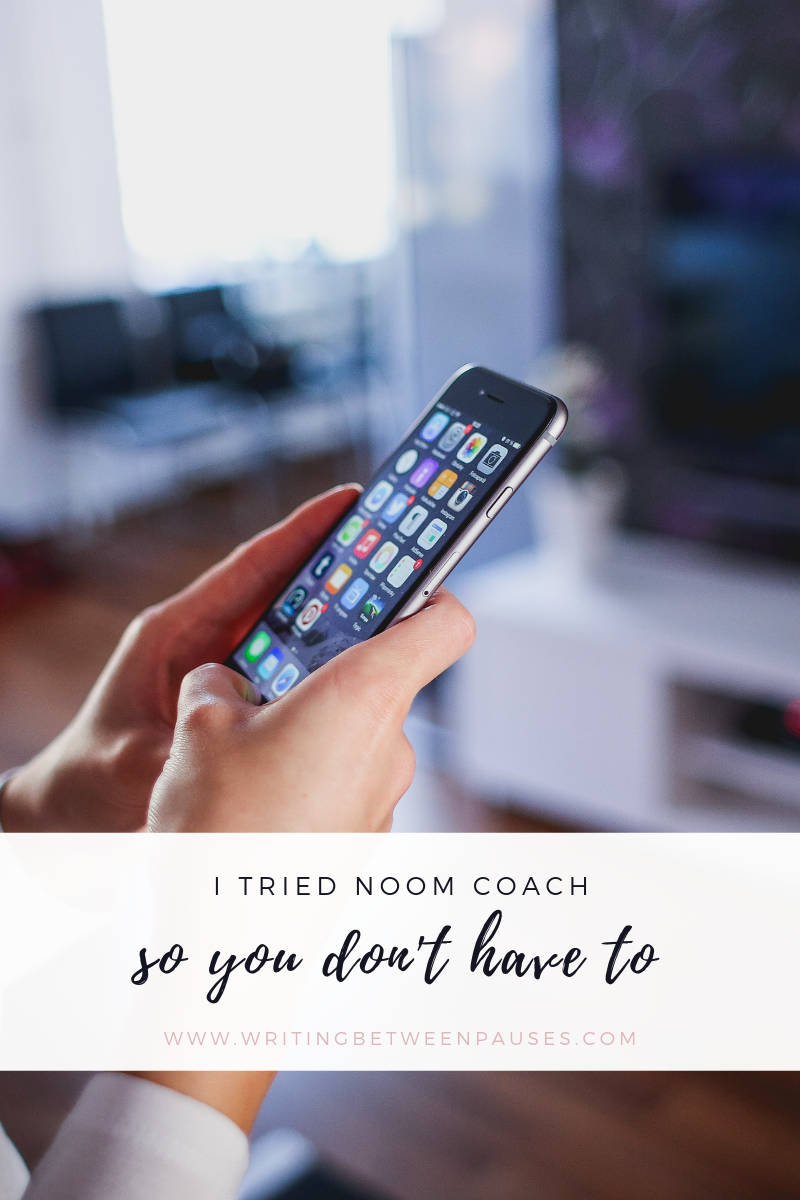For as long as I could remember, I thought of the term "petite," as least when it was applied to body size, as meaning "short." Short sizes. Small inseam lengths. That kind of thing. When my mom and sister shopped in the petite section, it was to try to find pants they didn't have to hem. It did not, in my mind, mean that the sizes were teeny tiny.
A few years ago, I encountered a very strange argument on Instagram regarding the introduction of new Anthropologie petite sizes. Firstly, I don't shop at Anthropologie; I cannot justify a $70 pillow or a $200+ cotton dress, I just can't. And secondly, Instagram arguments are weird and petty and always kind of funny.
The drama on the Anthropologie issue started over people leaving comments that seemed to be a little, well, thin-hating. Obviously, bodyshaming of any variety is not ok. However, I started to think: wait, what? The line is a line of smaller sizes or shorter lengths?
Basically: are they just making smaller clothes or are they making a petites line, like the petites sections that have long existed in department stores like Macy's or JCPenny's? Have we officially confused the English language so much that we have multiple different definitions of "petite"?
As it turns out, the line is for women 5'3" and under. From what I can tell on the website, the clothes aren't necessarily smaller (except for length) and come in almost all conventional sizes. That's pretty awesome. But it made me wonder: why did the post about it on Instagram devolve into arguments about sizes (and by that I mean number sizes, not inseams), including quite a few comments that could be read as a bit thin-hating?
I decided to google what petite meant Interesting. "Having a small and attractively dainty build." Stop, Google, you're making me blush. But seriously, is petite about being physically teeny, as in both short and extremely thin?
I have a dainty build (re: small bone structure), but some sizable fleshy parts of my body. I'm 5'2" and wear a size 8 regularly, yet I still often find myself being called the smallest person in the room (even though I know a ton of people who are smaller than me, physically, if not height-wise). Further definitions included: "small, slender, and trim; used for girls and women; a clothing size for short, slender women." Thanks, Free Online Dictionary.
Another unhelpful, but maybe helpful, fact is this: the number of blogs dedicated to fashion for "petite" women is astonishing. I started reading through a few and I found myself getting, well, uncomfortable. The purpose of these blogs is ultimately noble and good-intentioned, but I found myself feeling a little weirded out by the constant description of their super small bodies, their need to only buy children's clothes or to search out specifically "narrow fit" boots. Some of the women who run these blogs are also not very short in stature; they just happen to be very, very thin. So, that's what petite means to some fashion blogs.
I always thought to be petite, you just had to be short. And as far as I can tell, short people come in lots of different clothes sizes, including plus-sized. There is a disparity between what clothing producers mean when they say "petite" and what people think when they say "petite"--in fact, I think it's two different things. I think when Anthropologie posted about a new "petite" line, some people immediately thought: "clothes for skinny people." Because, apparently, that's the main definition of the word petite.
However, when you look up Petite Size on Wikipedia, it mentions that conventional clothing sizes in the United States are designed to fit a woman who is over 5'5" (which is insanity, no wonder none of my pants fit) and so petites lines and entire store sections emerged as a place for women under 5'3" to buy clothing. And that clothing came in a variety of conventional sizes with the wonderful P added to indicate they were just cut differently. That's pretty awesome for ladies of the short variety (like me). However, now we have other definitions of petite popping up: thin or not-thin, short or not-short.
Can we just have all words mean the same thing, ok? Thanks, English Language.
This reminds me overwhelmingly of the use of the word "curvy": some people mean one thing when they say it, some people mean another thing when they say it, and sometimes people aren't being necessarily nice when they say it, which is pretty sucky of them. All kinds of arguments and anger can spring up when someone uses the word "curvy". I distinctly remember referring to myself as "curvy" once in college and the person I was talking with immediately consoled me, saying, "You aren't fat! Don't say that!" Except that wasn't what I meant by curvy, but ok.
So, the real question is: are petites sections in department stores lies? What gives?
It turns out, it's not. There are two meanings to the word petite and unfortunately, that gets confusing most of the time. Some people will claim that petites sections in stores cut their sizes about 1-1.5 sizes smaller (so a size 8 in a petites isn't really a size 8), but that doesn't make sense and isn't really true. I find I'm the same size in petites sections as I am in regular sections, everything is just shorter (and let's be real, frumpier, because apparently department stores think all people under 5'3" are 85 years and older).
Basically, what this all boils down to is this: words are just words and you shouldn't get up in arms about them, or upset about them, unless they are used intentionally to upset you (then you should totally get your cranky face on). A chain store creating a line of petites clothes wasn't meant to offend anything; it was meant to create clothes for shorties, because sometimes it is hard to find clothes in a world where all clothes are cut for people 5'5"+. Getting cranky about a store creating a line of petites -- or plus sizes or whatever -- might be personally offensive to you if, I don't know, you really dislike short people, but it's not meant to be and so... cool it and stuff, seriously. Once a "well, I don't personally like that" turns into a "I'm gonna leave hate comment on Instagram," you've magically transformed into a jerk. Congratulations!














